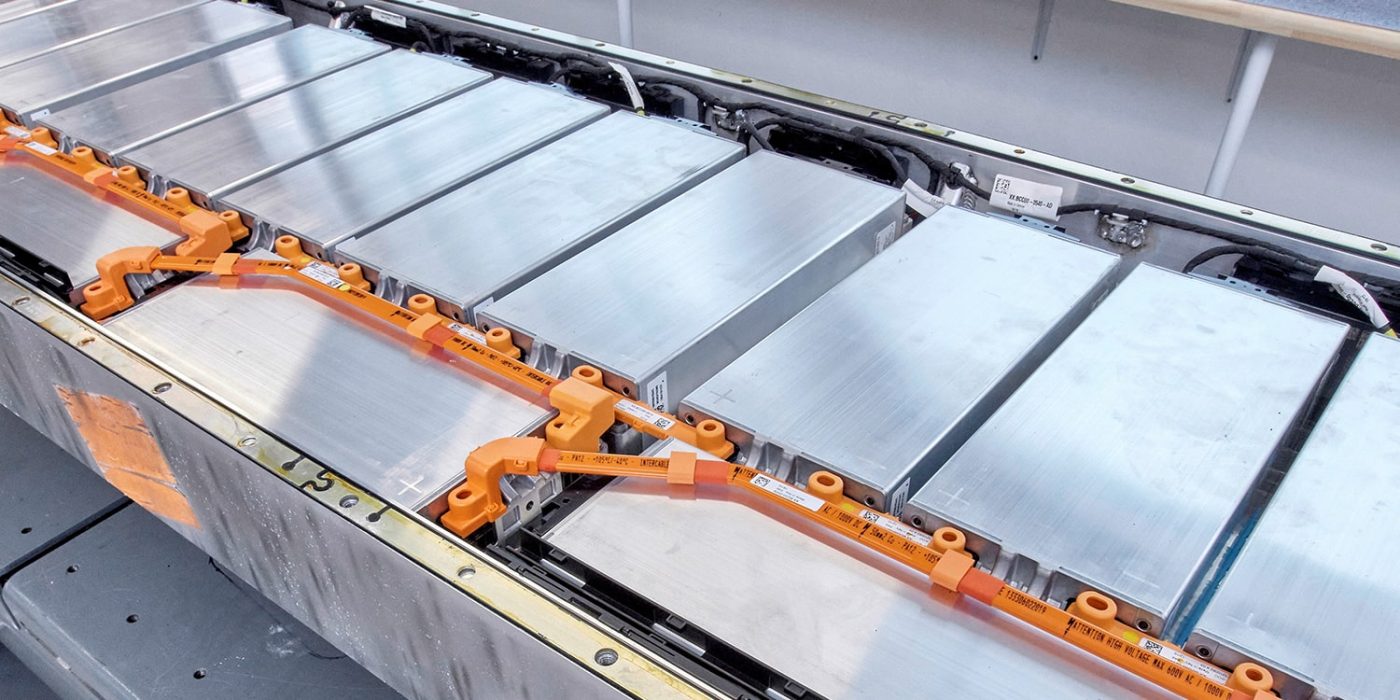Project REVAMP looks at battery assessment for utility vehicles
In the REVAMP project, a consortium of nine partners wants to create a process to automatically assess the condition of used commercial vehicle batteries. This should make it possible to remanufacture batteries economically.
REVAMP stands for “Remanufacturing of variant battery modules with automated assembly and testing processes” – and addresses the challenges associated with the remanufacturing of commercial vehicle batteries. These include different ageing states of the batteries and the fact that the shape, structure and manufacturer of the battery can vary. “Therefore, it is very important that the entire remanufacturing system is designed flexibly and can react to the different states and battery characteristics,” the initiators inform.
MAN Truck & Bus is acting as consortium leader of the federally funded project. Other participants are RWTH Aachen University with its Machine Tool Laboratory (WZL) and the Institute for Power Electronics and Electrical Drives (ISEA), the Fraunhofer Institute for Production Technology and the companies Bertrandt Technikum GmbH, Software AG, IBG Automation GmbH, BE-Power GmbH, Wacker Neuson Produktion GmbH & Co. KG and Weidemann GmbH.
Together they anticipate a “strong increase in used batteries in the future”, which will either be transferred for reuse in the vehicle (2nd-use), in another application (2nd-life) or for recycling. REVAMP has the explicit goal “to increase the use rate for 2nd-use and 2nd-life batteries in Germany”. The basis for this process, called remanufacturing, is the condition assessment and automated dismantling of battery returns. On this basis, the reprocessing, reassembly, testing and reintroduction of the battery into the market can be researched, it says.
According to the initiators, the research project is being carried out in eleven work packages: Based on methodological and theoretical principles, procedures for condition assessment and 2nd-use and 2nd-life planning will be developed. Based on this, the nine partners want to develop methods for processing battery components at the pack, module and cell level. In parallel, automated disassembly and reassembly will be planned and the corresponding control components will be developed.
Another important aspect mentioned by the consortium is the development of a so-called digital twin, which will map the entire battery life cycle. “This digital twin will also be used for a life cycle assessment based on key figures in order to evaluate the decisions made for the subsequent use of the batteries and also to track the sustainability goals of remanufacturing,” says an accompanying statement. The results obtained will finally be validated in application-oriented tests and demonstrated in the eMobility Technical Centre at MAN in Nuremberg.





0 Comments